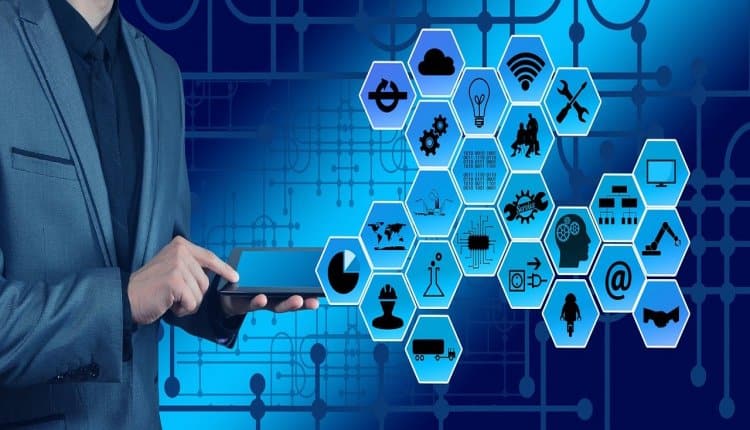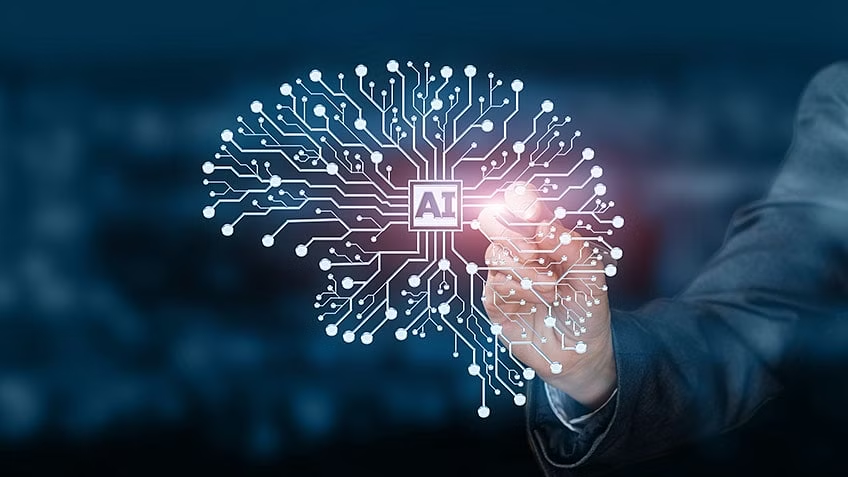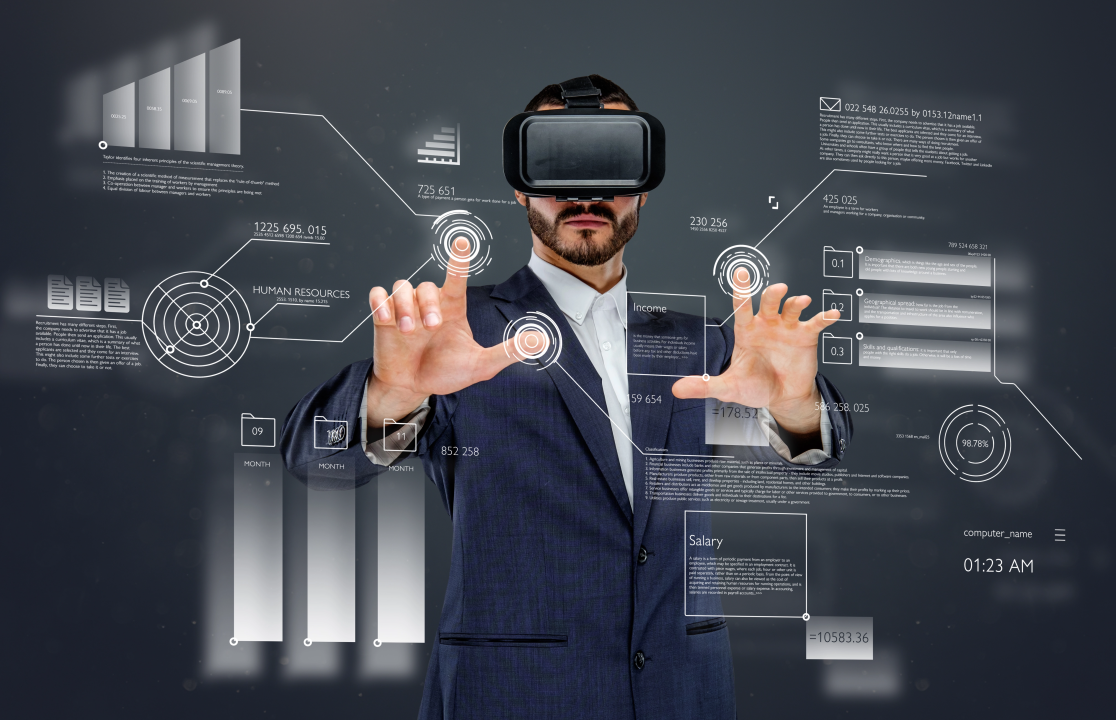In today’s fast-paced world, technological advancements are occurring at an unprecedented rate. From artificial intelligence (AI) and genetic engineering to autonomous vehicles and blockchain, these innovations are reshaping how we live, work, and interact. While technology offers numerous benefits, it also raises significant ethical concerns. As we integrate new technologies into every aspect of society, it is essential to examine their ethical implications. In this article, we will explore the ethical challenges posed by rapid technological advancements and how we can address them.
1. Privacy Concerns in the Age of Big Data
As technology continues to evolve, so does the amount of data generated by individuals and organizations. Big data, fueled by AI and IoT devices, collects vast amounts of personal information that can be used to predict behavior, influence decisions, and even manipulate individuals. The ethical dilemma lies in how this data is collected, stored, and utilized. Without proper regulation and transparency, there is a risk of violating privacy rights, leading to identity theft, surveillance, and the erosion of personal freedom.
2. Job Displacement and Automation
Automation, powered by AI and robotics, is increasingly being adopted across industries to streamline processes, reduce costs, and increase productivity. However, this shift also raises ethical questions about job displacement. As machines take over routine tasks, millions of workers are at risk of losing their jobs. The ethical challenge is to balance the benefits of automation with the responsibility to protect workers from economic hardship and ensure that displaced workers have access to retraining and new job opportunities.
3. Bias in Artificial Intelligence
AI systems are designed to learn from large datasets, but if those datasets are biased, the AI will reflect and perpetuate those biases. This is especially concerning in sectors like hiring, criminal justice, and healthcare. AI systems can unintentionally discriminate against certain groups based on race, gender, or socioeconomic status. The ethical question is how to ensure AI systems are fair, transparent, and free from bias, and how to hold developers accountable for biased outcomes.
4. Surveillance and the Erosion of Civil Liberties
Rapid technological advancements have enabled governments and companies to use surveillance tools to track individuals, both online and offline. While surveillance can improve security and prevent crime, it also raises significant ethical concerns about privacy and civil liberties. The question is whether the benefits of surveillance justify the potential loss of personal freedoms and the risk of mass surveillance, particularly in authoritarian regimes where technology may be used to suppress dissent.
5. Genetic Engineering and Human Enhancement
Advances in genetic engineering, including CRISPR and other gene-editing technologies, have the potential to cure genetic diseases and enhance human abilities. However, these technologies also raise profound ethical questions. Should we allow humans to modify their genes, potentially leading to “designer babies” or even the creation of superhumans? How can we ensure that such technologies are used responsibly, without exacerbating social inequalities or creating unforeseen consequences for future generations?
6. Autonomous Weapons and Warfare
The development of autonomous weapons powered by AI poses serious ethical challenges. These weapons, capable of operating without human intervention, raise questions about accountability in the event of unintended harm or loss of life. If an autonomous weapon makes a deadly mistake, who is responsible? The ethical dilemma is whether such technologies should be allowed in warfare, and if so, how to ensure that they are used in a way that complies with international humanitarian laws and ethical standards.
7. Technology Addiction and Mental Health
As digital devices and social media become an integral part of everyday life, concerns about technology addiction are on the rise. Excessive screen time, online gaming, and social media use can contribute to mental health issues such as anxiety, depression, and isolation. The ethical issue is how to balance the benefits of connectivity and entertainment with the responsibility to protect individuals’ mental health and well-being, especially among vulnerable populations like children and teenagers.
8. Environmental Impact of Technology

The rapid development and widespread use of new technologies often have unintended environmental consequences. The production of electronic devices, data centers, and AI systems consumes vast amounts of energy and resources. Additionally, e-waste, which is becoming an increasingly significant problem, can harm ecosystems and communities. The ethical question is how to ensure that technological advancements are sustainable and do not contribute to environmental degradation or exacerbate climate change.
9. Digital Divide and Inequality
Technological advancements have the potential to improve lives, but they also risk deepening inequalities between different segments of society. The digital divide refers to the gap between those who have access to modern technologies and those who do not. This divide exists both within countries and globally, with poorer communities often being left behind. The ethical dilemma is how to ensure that all people have access to the benefits of new technologies and that innovation does not leave certain groups behind.
10. Ethical Use of Biotechnology
Biotechnological advances, such as cloning, stem cell research, and biohacking, raise ethical questions about the limits of human intervention in natural processes. For example, cloning human beings or genetically modifying organisms for profit can lead to moral and ethical conflicts. It’s essential to have regulations in place that protect both individuals and the environment from potential harm caused by these technologies.
Read Also :-http://How Are Emerging Technologies Revolutionizing Different Industries?
Conclusion
Rapid technological advancements offer enormous potential for improving lives and solving global challenges. However, they also raise significant ethical questions that must be addressed in order to ensure responsible development and implementation. The ethical implications of privacy, job displacement, bias, surveillance, and environmental impact must be carefully considered as we move forward. By prioritizing ethics in technological development, we can create a future where technology benefits all, without compromising human rights or societal values.





